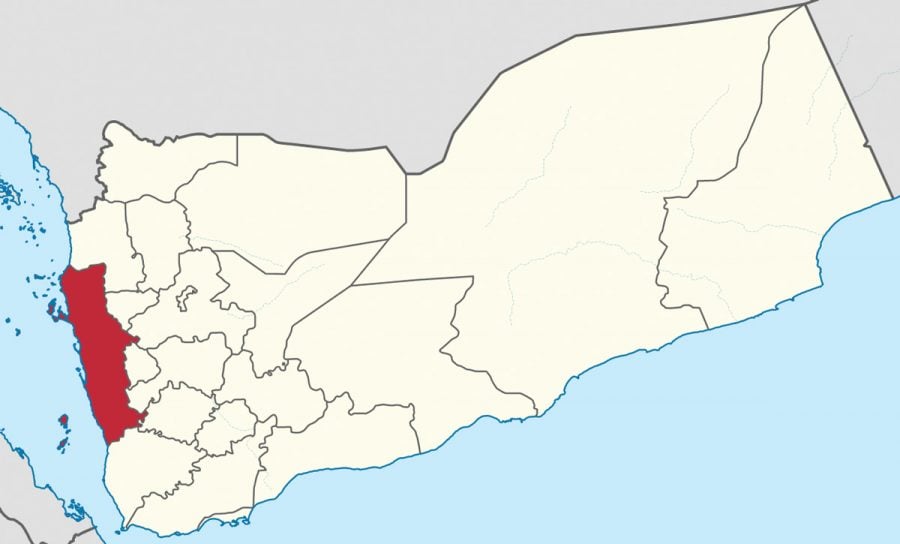Grain mills could rot due to war in Yemen
If negotiators in Yemen are unable to successfully implement a ceasefire, grain, which could save millions of lives, could be left to rot.
The war in Yemen between the U.S.-backed, Saudi-led coalition and Houthi rebels has left over 10,000 dead and 14 million people on the brink of starvation, leading the United Nations to term the conflict as the worst humanitarian disaster currently unfolding in the world today.
The World Food Program grain stored in the Yemeni port city of Hodeida, in northern Yemen where the famine is particularly rampant, is enough to feed 3.7 million people for more than five months. The Saudi coalition controls the area near the Red Sea Mills grain storage, but Houthi rebels hold a tentative grasp over other parts of the North.
The UN is attempting to implement a ceasefire in Hodeida in order to gain access to the mills and distribute the 51,000 tons of wheat in storage there. The storage there constitutes a fourth of the World Food Program’s stock in Yemen.
According to UN relief coordinator Mark Lowcock, the Houthis have refused to let the UN access the silos.
“I appreciate the genuine efforts that have been made on all sides to find a solution. But it remains elusive,” Lowcock said.
A spokesman for the Saudi coalition also blamed the Houthis, accusing them of violating international humanitarian law.
The conflict in Hodeida intensified in June 2018 when the Saudis launched an initiative to capture the port city. Hodeida is where 70 percent of imports arrive into Yemen, including humanitarian aid.
In December 2018, UN officials reported that the two factions had reached a preliminary agreement to implement a ceasefire in the city, but the effort failed when neither side proved willing to follow through. The UN mission was headed by retired Dutch General Patrick Cammaert, who convened the talks in a chartered boat moored off the Red Sea in Hurairah.
There were some promising moments but a Houthi Drone Strike targeting senior officials in a military parade strained the negotiations. Mortar shellfire hit two of the silos, causing a fire which burned some of the grain.
On Jan. 30, the negotiations produced a prisoner exchange of one Saudi soldier for seven Houthis, sparking hopes for a prisoner exchange of 15,000.
On Feb. 5, Cammaert was replaced with Danish general Michael Anker Lollesgard. After three days, the UN said they had come to a preliminary agreement for implementing the ceasefire.
According to the New York Times, both sides have largely respected the truth in Hodeida since then.









